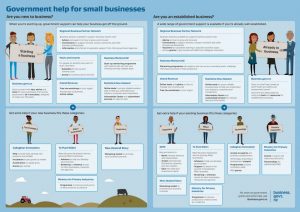To start, differing from a Shareholders’ Agreement —which is typically created after company incorporation— a Founders’ Agreement is drafted before incorporation.
Typically, the definition of “founder” is the “entrepreneur who started the business”. In legalese, the founder is “the first shareholder” of a business. Generally, the details in a pre-incorporation Founders’ Agreement are brief and broad. Whereas a shareholders agreement is written with much more detail.
A solid Founders’ Agreement needs to clearly state several items about your business. These details include the capital put in by each founder; the individual roles and responsibilities; the percentage of shares held by each founder; the intellectual property details; and, importantly, what will happen when one founder wishes to exit the company. Additionally, it’s important to note if the leaving member faces restrictions from competing with the business after exit.
When drafting a Founders’ Agreement you need less detail than in a Shareholders’ Agreement. However, it is important to focus on a number of key clauses. In particular:
- Project description;
- Capital contribution of each founder;
- Percentage of shares held by each founder;
- Vesting of shares;
- Remuneration of founders;
- Role of each founder;
- What happens when one founder wants to exit the company. And what happens to his or her shares;
- Whether the founders will face restriction from competing with the business of the company after they exit; and
- How the company’s confidential information and intellectual property will be protected.
You will find easy and intuitive guidance through the process in our Zegal app to create your Founders’ Agreement here.






